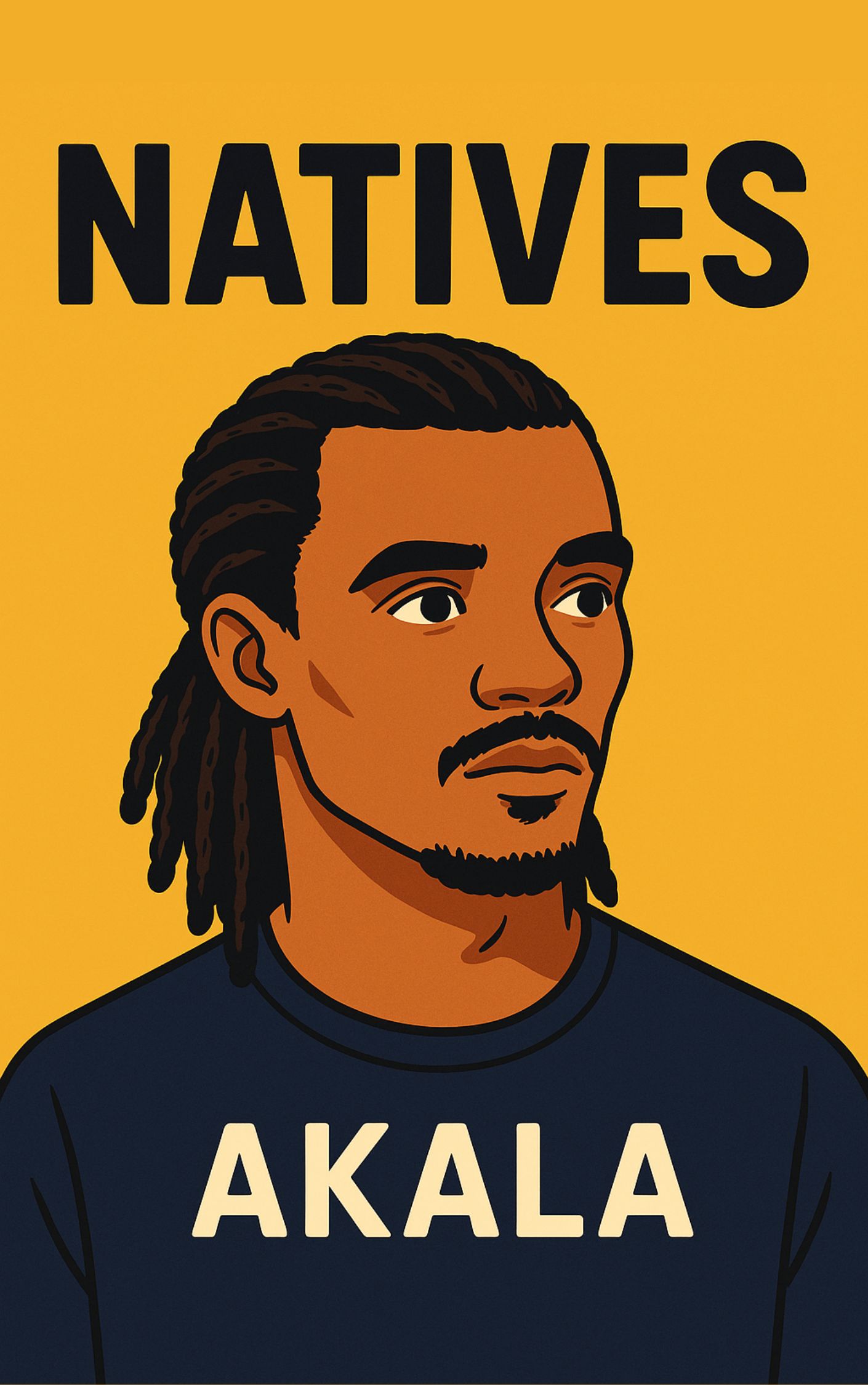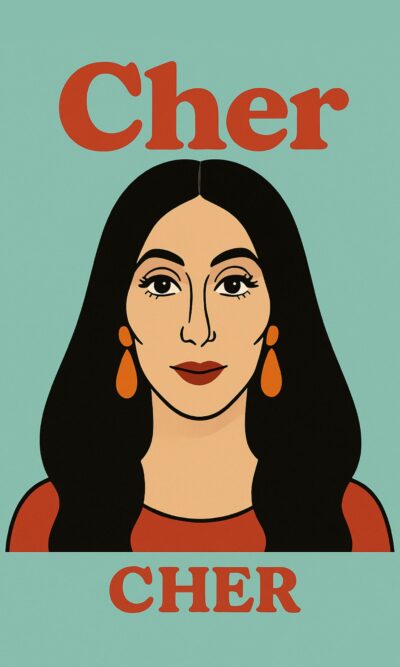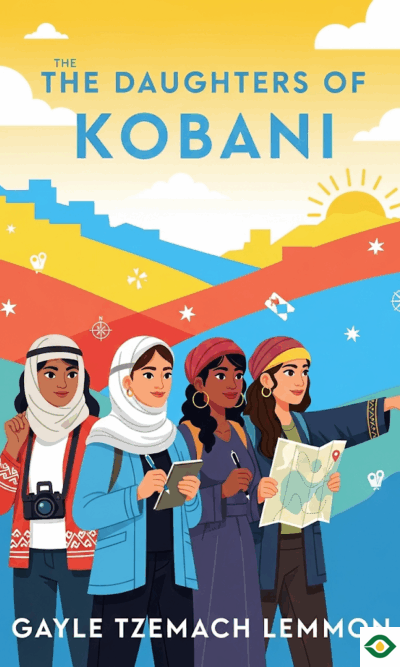Description
This book is both a personal memoir and a deep dive into the history of race, empire, and identity in Britain. Written by Akala, a musician and activist, it blends his own experiences with the historical background that shaped them, offering a clear and powerful account of what it means to grow up as a Black person in modern Britain.
Akala begins by setting the scene in the summer of 2020, when the Covid-19 pandemic coincided with the global Black Lives Matter movement. Although the killing of George Floyd happened in the United States, protests in Britain showed that racism was not only an American problem. Britain has its own history of slavery, imperialism, and racial inequality. This history is often misrepresented or downplayed, and those distortions shape how Black Britons are treated today.
The story starts with Akala’s grandparents, part of the “Windrush generation” of Caribbean migrants who arrived in Britain between the late 1940s and 1960s. They came as British citizens to help rebuild the country after World War II, but instead of welcome, they faced open hostility. Many white Britons saw them as outsiders taking jobs and opportunities, ignoring the fact that Britain’s welfare system and wealth were partly built on resources taken from the colonies. Akala recalls his grandfather being called racial slurs almost immediately upon arrival, a harsh introduction to life in the “mother country.”
Born in 1983 to a Jamaican father and a white English-Scottish mother, Akala grew up in an environment where racism was common and often violent. His parents’ relationship itself was seen as unacceptable by some—his mother’s family nearly cut ties with her because she was with a Black man. Neighbors spat at her, and his father bore scars from both police brutality and fights with far-right extremists. Akala himself first experienced racial abuse at the age of five, realizing in that moment that his skin color would shape how people treated him.
As a teenager in London, Akala became familiar with another reality of being young and Black: constant police stops. At 13, he was searched without an adult present and without being informed of his rights—something illegal but routine. Black boys in his community were targeted again and again, while their white friends were left alone. The official justification was to fight knife crime, but statistics revealed a different truth: the highest rates of teenage knife crime were in poorer, mostly white areas of Britain. The real link was poverty, not race.
Akala also reflects on how Black achievement, especially in sports, is often treated as something unusual that needs a special explanation. Watching the 2012 Olympics, he saw commentators suggest that the success of Black sprinters came from genetic advantages rooted in the history of slavery. This kind of reasoning, he argues, is pseudoscience. It ignores the real factors—such as training systems and resources—while reinforcing the idea that white success is normal and Black success is exceptional.
The book also challenges the way Britain presents its role in ending slavery. The popular story is that Britain was the first to abolish the slave trade, sacrificing huge profits for moral reasons. In reality, Denmark and revolutionary France banned slavery earlier. Britain tried to capture profitable colonies like Haiti and reintroduce slavery there. Even after formally ending the trade in 1807, it continued dealing with slave-owning nations for decades. Far from losing money, British slave traders received massive government compensation—paid off by taxpayers until 2015.
This selective memory extends to more recent history. Akala notes how figures like Nelson Mandela and Fidel Castro are remembered in ways that hide Britain’s past actions. In the 1980s, the British government labeled Mandela a terrorist and maintained ties with apartheid South Africa. Yet after his release and global acclaim, the same government praised him as a hero. Castro, meanwhile, is remembered mainly as a dictator, ignoring the role his forces played in fighting apartheid in southern Africa—a role Mandela himself acknowledged as crucial to his own liberation.
Another key point Akala makes is that racism takes different forms in different parts of the world. In Britain, he is seen simply as Black. In South Africa, he would be classified as “colored,” while in Algeria, he might pass as a local and avoid some of the discrimination faced by darker-skinned people there. In Australia, he met Aboriginal people who looked white but called themselves “blackfellas” because of the discrimination they endured. Their history includes the forced removal of children from their families between 1910 and 1970, an act some historians call cultural genocide. These “stolen generations” live with lasting trauma, and the policies that created them left visible marks on their communities.
The conclusion of Akala’s work ties his personal story to broader social changes. The descendants of the Windrush generation, along with other communities from Africa, Asia, and the Caribbean, are becoming a larger share of Britain’s population. By 2050, around one-third of the population will have such roots. This shift will likely challenge the dominant narratives about Britain’s history, as more voices demand acknowledgment of the realities of empire, slavery, and racism.
At its heart, the book is about truth-telling—about replacing myths with facts and personal testimony. It shows how the British Empire’s legacy is not just a matter of old history books, but something still felt in policing, education, media, and everyday life. Akala’s journey, from a child learning to navigate racial identity to an adult challenging national myths, reflects the ongoing struggle for equality and honest recognition of the past.
Through stories of his family, his encounters with racism, and his analysis of historical events, Akala gives readers a clearer understanding of Britain’s complex relationship with race. His message is both sobering and hopeful: while deep inequalities remain, there is growing awareness, and the possibility for change is real—if society is willing to face the truth about its history and act on it.





